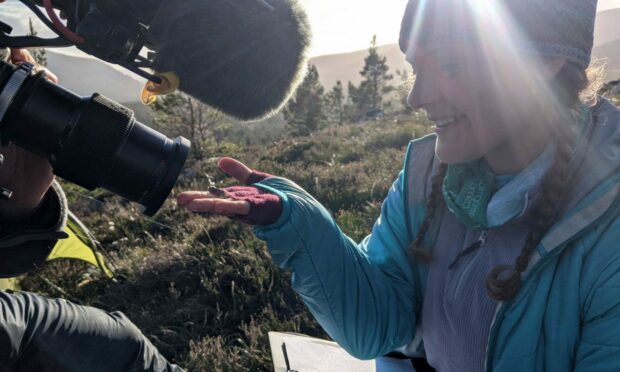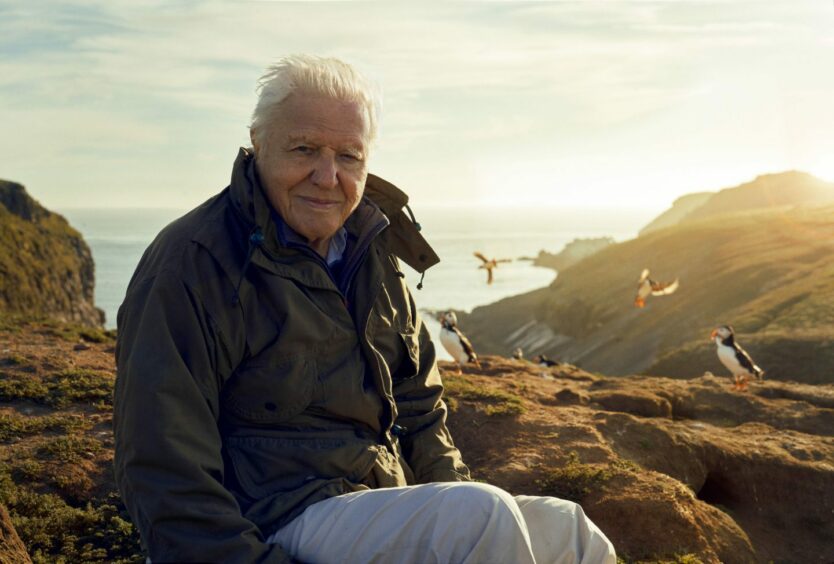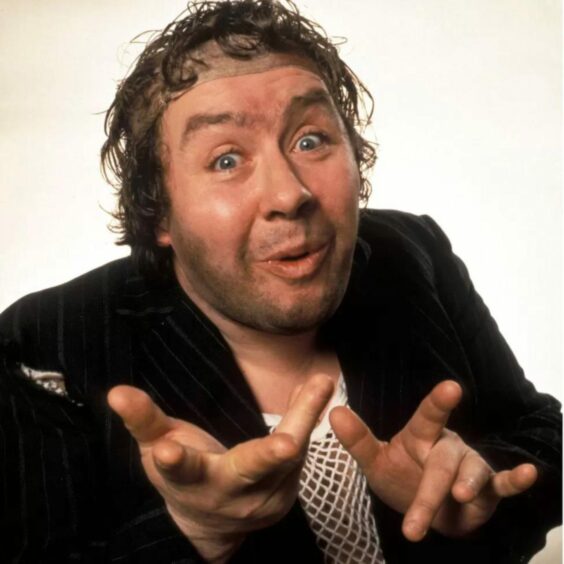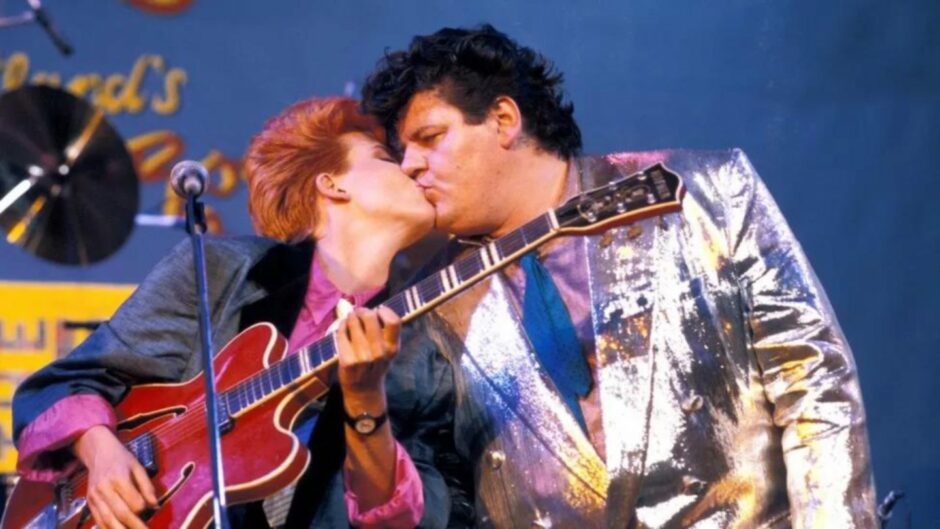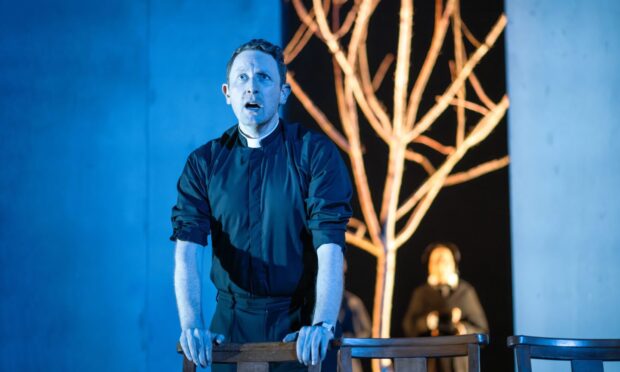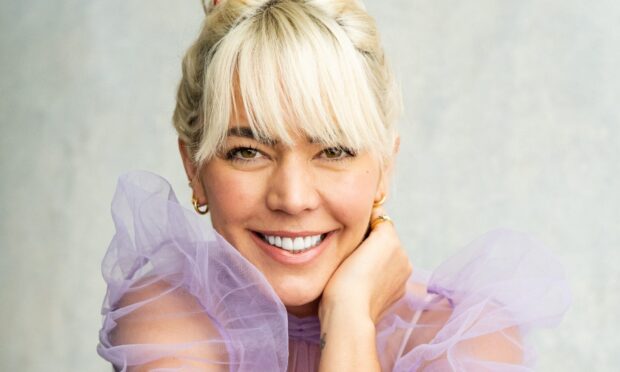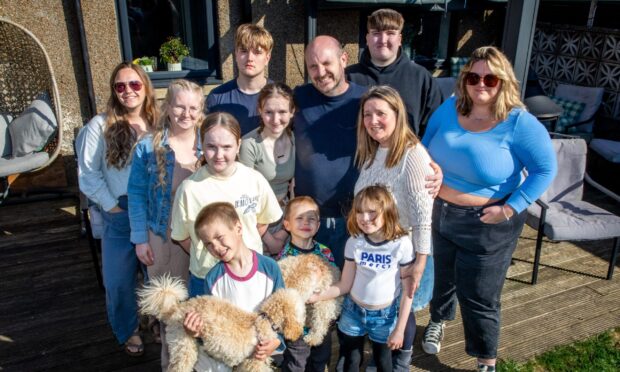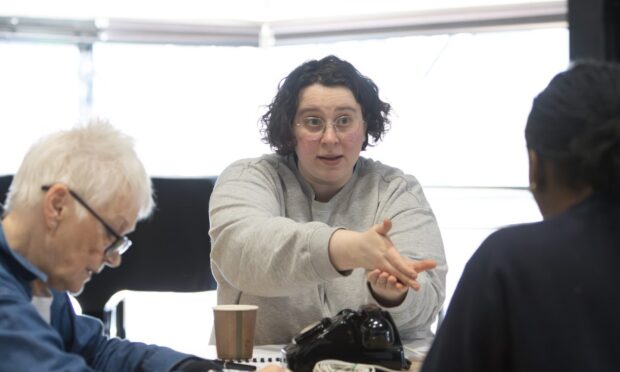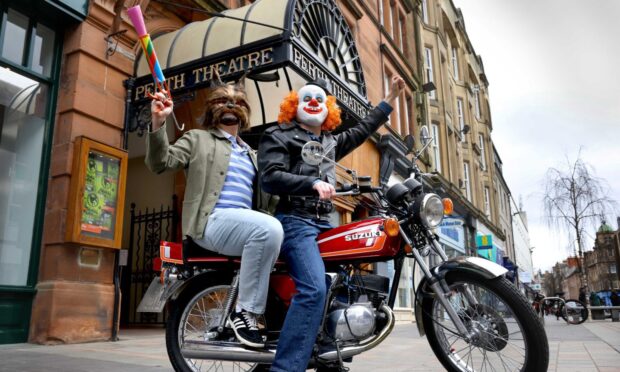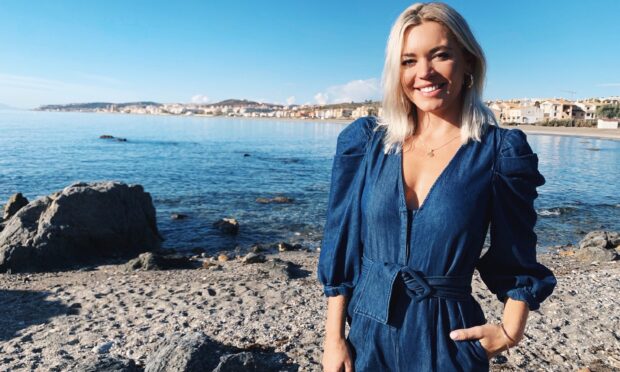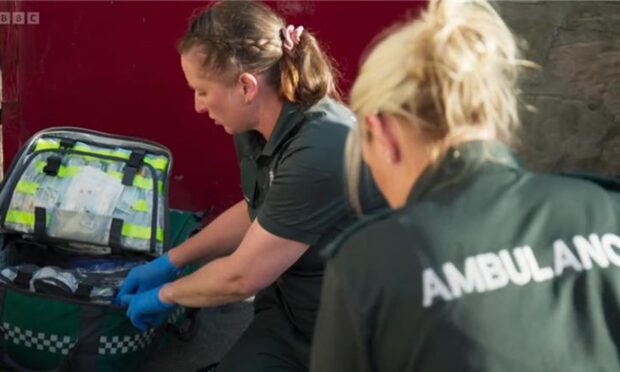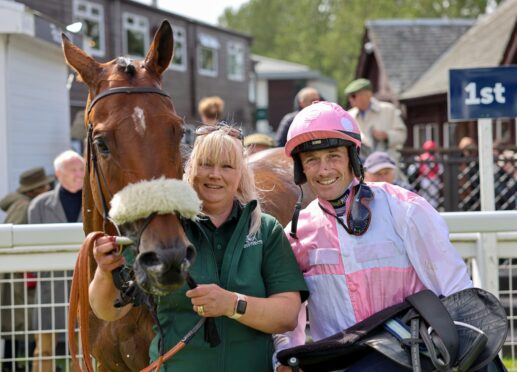The words “BBC” and “covered itself in glory” haven’t been heard together in the last couple of weeks.
But away from the Match of the Day debacle lay two strong reminders of just how powerful and essential the broadcaster can be at its best.
Our wildlife
The first, inevitably, involves David Attenborough. Specifically, Wild Isles (BBC One), which takes the nation’s most revered voiceover artist and still occasionally on-site reporter on a trip around the British Isles’ wildlife.
Filmed on 200 shoots across three years, it shows orcas off the coast of Shetland, the gannets of the Bass Rock and the warring gulls and puffins of Northumberland.
Richly, beautifully shot, dare I say it might even be a bit political – a reminder that familiarity shouldn’t mean contempt, and environmental damage to our own home islands risks spoiling all this wonder.
100 years of Scottish broadcasting
This week’s other highly recommended offering from the BBC was Tuned In: 100 Years of Scottish Broadcasting (BBC Scotland, BBC iPlayer).
This began with presenter Kaye Adams reminding us that “air raids to referendums” have been covered by BBC Scotland, and that it has to juggle the demands of being “a uniquely Scottish broadcaster in a very British corporation.”
The story began in Burntisland. Not that of BBC Scotland itself, which emerged as a BBC-sponsored station named 5SC in a Glasgow attic in 1923, but this particular journey’s exploration of the antiquated equipment those broadcasts would have used through a visit to the Museum of Communication.
Steering cultural life
BBC Scotland presenter and historian Graham Stewart set out his own pitch – and by extension, that of the programme – early on by noting his observation that BBC Scotland’s century on radio, television and latterly multi-channel streaming has steered Scotland’s cultural life as much as reflected it.
There was plenty of evidence in support. The arrival of STV in 1957 saw both channels “competing to be the most Scottish,” with twee country dancing show of the 1950s The White Heather Club held up as exhibit A. “Introspective, parochial, nationalistic and narrow-minded,” was one stuffy commentator of the era’s dismissal of all Scottish-based programming.
Brilliant comedy
Those words were then disproved, with reference to Peter McDougall’s hard-hitting television plays of the 1970s, the Comedy Unit’s boom beginnings in the 1980s and the brilliance of Rab C Nesbitt, and Dundee’s own Neil Forsyth, creator of Bob Servant Independent.
You feel like giving Forsyth an ovation when he points out that the majority of Scots don’t live in Glasgow, so the majority of BBC Scotland output shouldn’t be Glasgow-centric… that each region has a dialect, humour and sensibility of its own.
Involving astute cultural critics, including Hannah McGill and Stuart Cosgrove, the hour-long programme covered a lot of ground.
It took in the furore about whether fly-on-the-wall show The Scheme was exploitative, the Zircon affair’s infamous clash with state secrecy and director Stewart Kyasimire’s recent, ground-breaking film Black and Scottish.
2014 independence referendum
Coverage of the 2014 independence referendum was also creditably covered from both sides, with No-supporting Ruth Davidson and Yes-supporting Blair Jenkins – both former BBC Scotland employees – balanced by reporter James Cook’s wise assertion that news is easy, you just gather as many opinions as possible and put them on air.
The impression across the whole hour was of a broadcaster steeped in genuinely Scottish vitality, alongside its imperfections.
